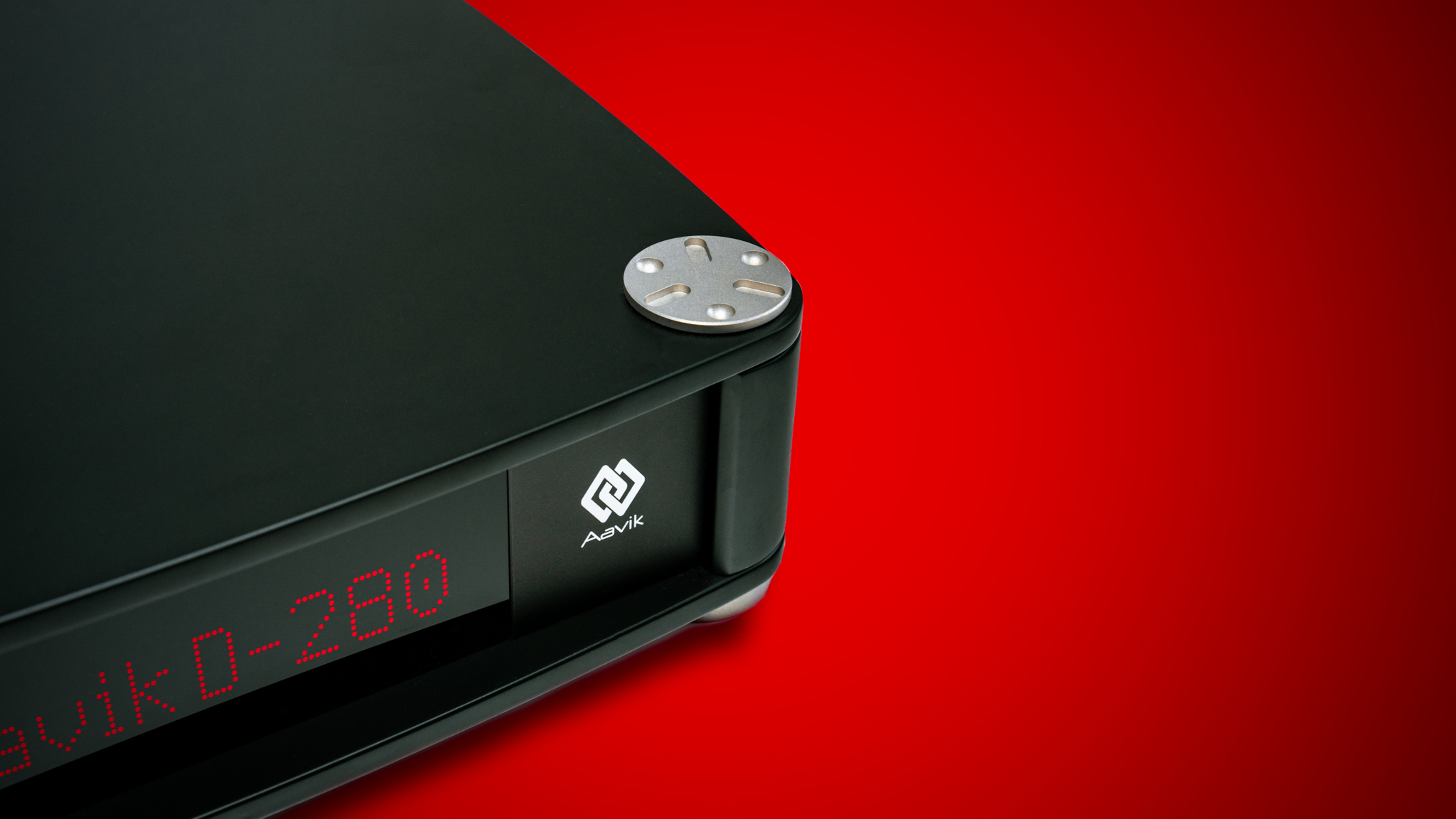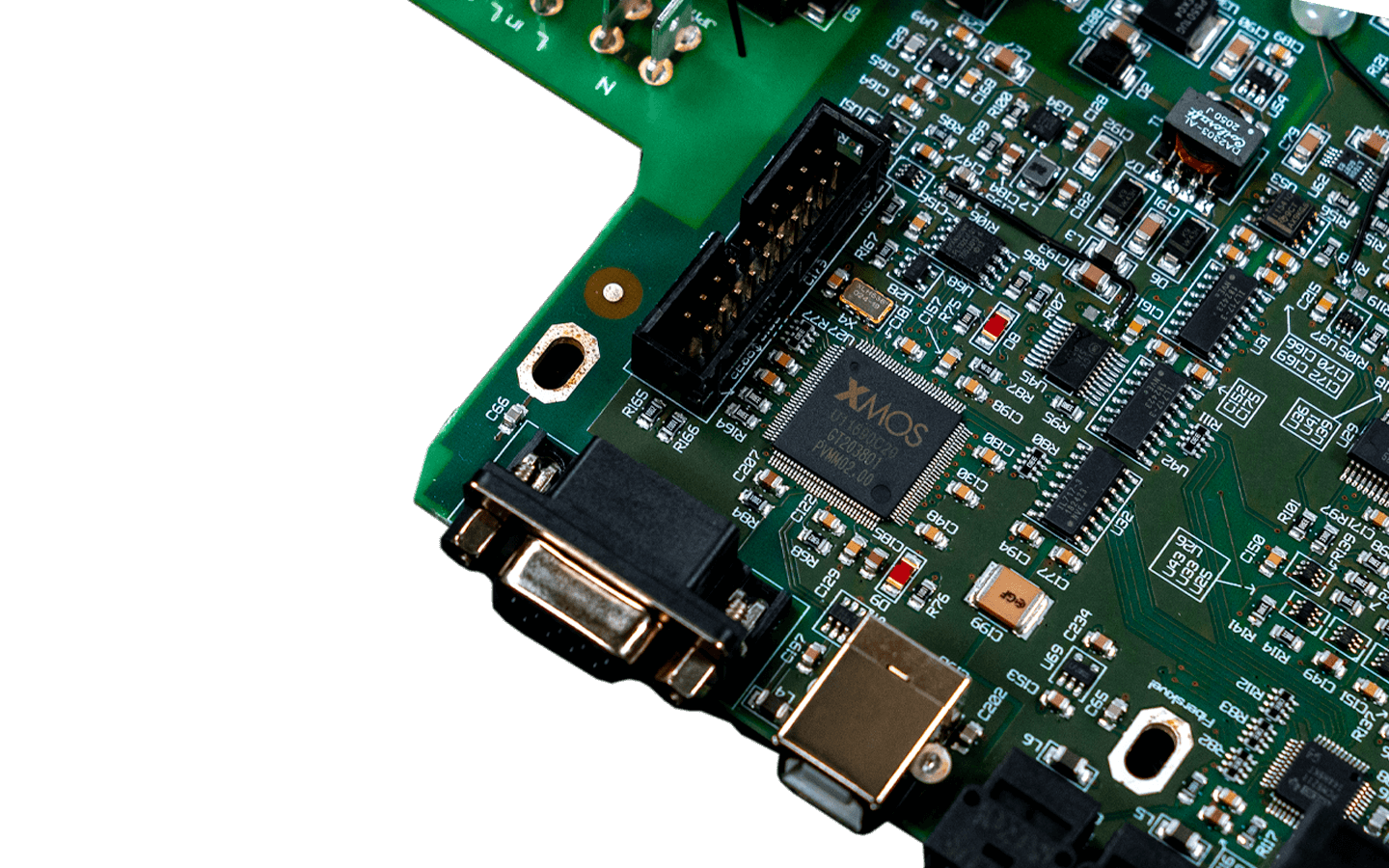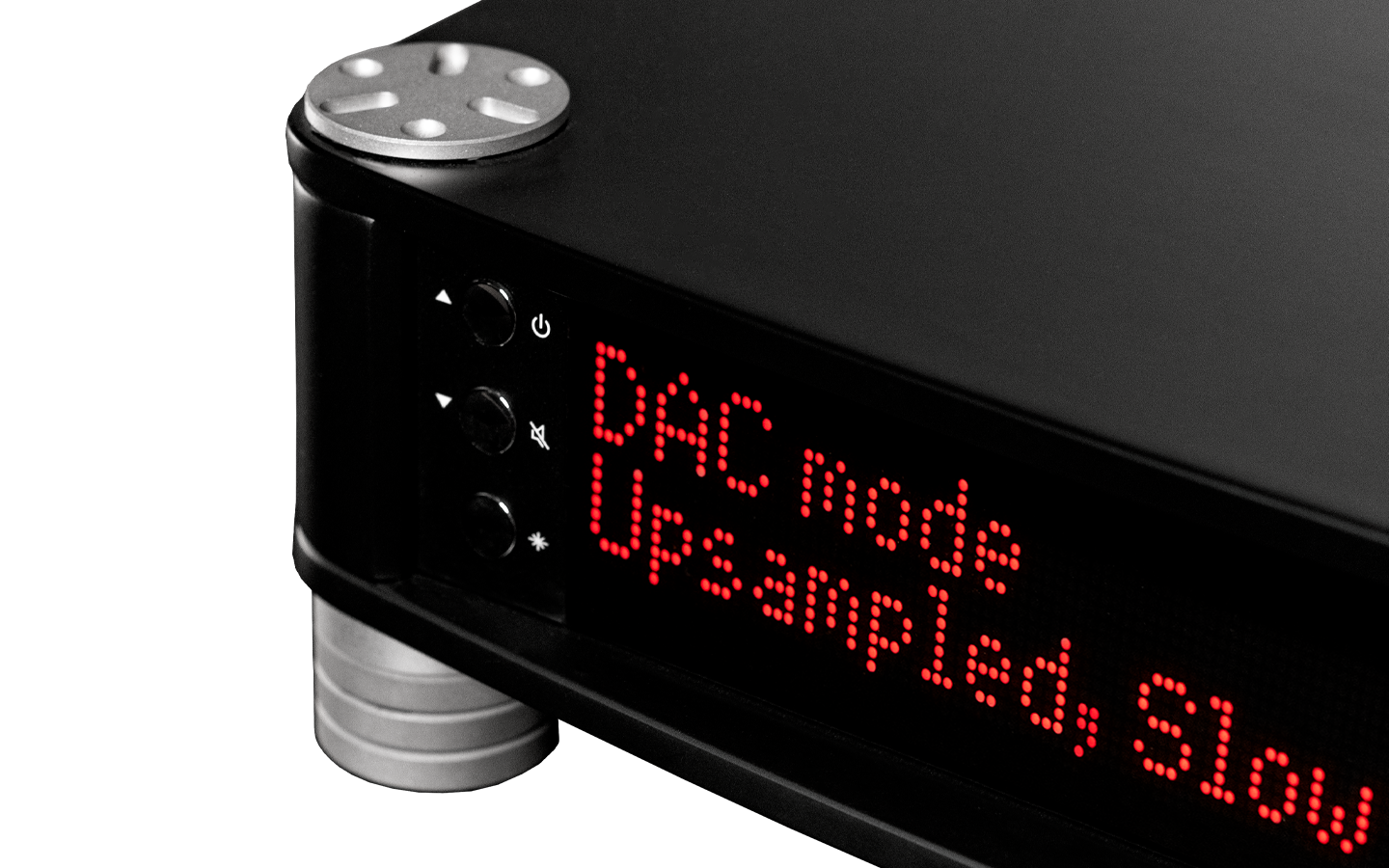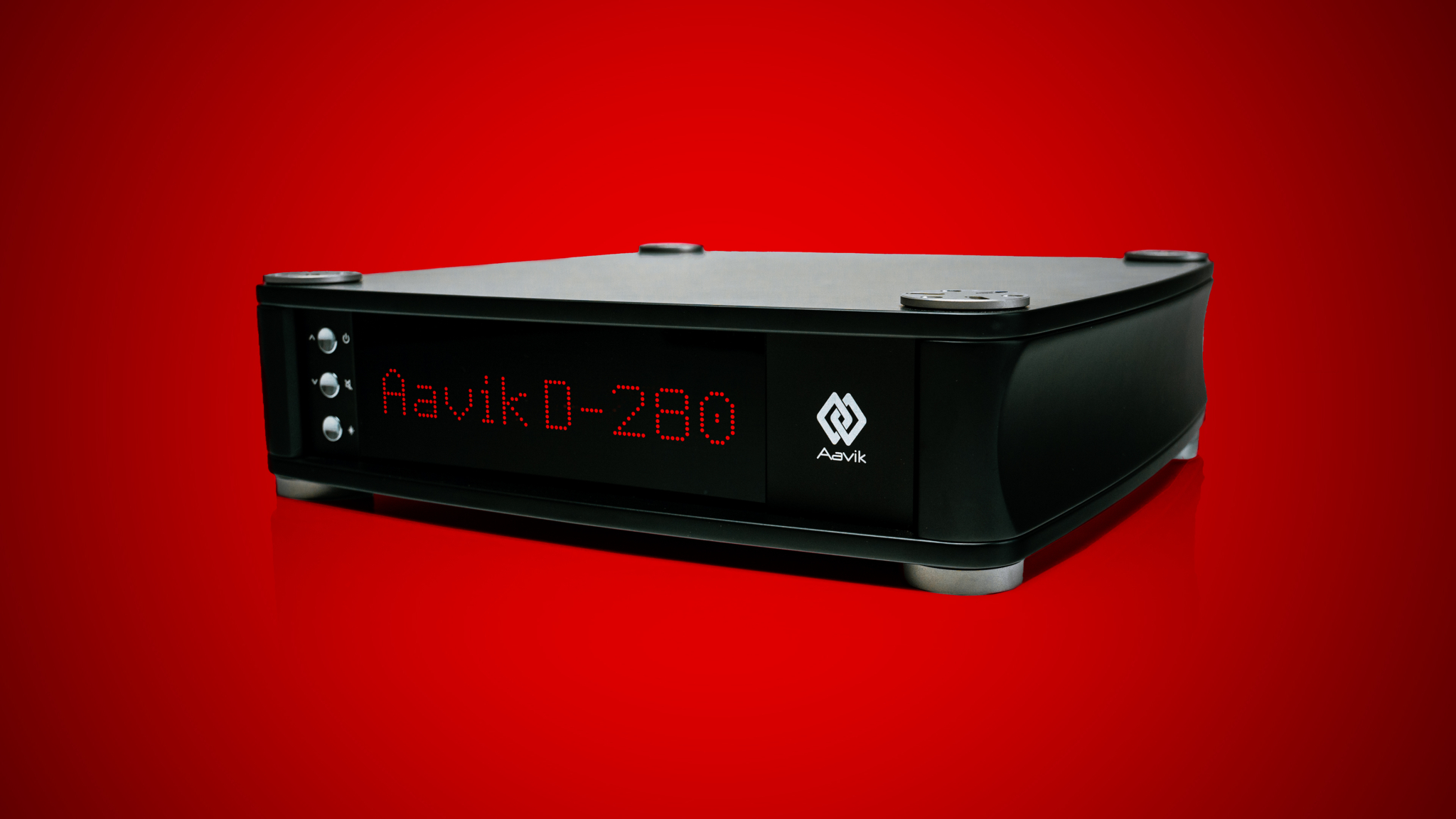Aavik Acoustics
Aavik D-280 DAC
The D-280 DAC is handling the digital information to a dynamic and huge soundstage with no loss of musical details and with plenty of space to separate each instrument and voice.
Analog signature with huge dynamic headroom
Technologies and Components
Analog signature.
Our
ultimate goal in developing the Aavik DACs has been to transfer the
digital signals into a natural, harmonious, yet, dynamic music
experience without losing any of the enormous amount of information
contained in the digital source. Our engineers have been extremely
fastidious in selecting the electronic components and have spared no
effort to exploit any opportunity for acoustic improvement.
Analog dither technology
Extended musicality.
This
technology is another noise reduction technology. The technology
origins from radars where it secured a stronger signal and thus a wider
range. Ansuz active Tesla coils are sending pulsated signals in
well-defined frequencies. These signals are sent in counter phase and
thus eliminating the noise floor whereby the music signal is
significantly increased.

The DAC section
Secure the signal transport and the tonal balance.
The
Aavik DAC section is designed around 5 digital inputs, which all excel
in audio performance. The DAC operates without any digital signature.
This makes any music sound natural and authentic. The digital circuits
boast the best high frequency capacities and great care was devoted to
the set-up of the *PCB design. By employing time-aligned, ultra-short,
4-layer *PCB traces, Aavik wants to preserve the natural and pristine
sound quality of the wide and complex range of different signals. The
DAC circuits are also fitted with ultra-low jitter onboard clocks. To
minimize timing errors in the digital-to-analogue conversion, all DAC
circuits are isolated with 13 onboard, separate, low-noise, **high-PSSR
voltage regulators, each feeding only one stage of the signal handling.
The USB input is galvanically isolated to avoid noise pollution from the
host. The digital inputs are routed to an ***ASRC, where they are
re-sampled and re-clocked to 200 kHz/24 bit PCM, feeding current output
DAC chips. For the current-to-voltage conversion, Aavik uses a
differential floating topology with virtual ****GND. This isolates the
signal path from both potential GND noise and signal-induced GND
modulation.
*PCB: Printed Circuit Board
**high-PSSR: High Power Supply Rejection Ratio
***ASRC: Asynchronous Sample Rate Converter
****GND: Ground

Individual audio settings
For your personal preferences.
To
best accommodate individual listening preferences, and fit hand in
glove into your existing audio system, Aavik has designed 4 individual
settings. Since the selected signal source connected to the input can
tinge the actual sound performance, up-sampling can be switched on and
off. There is also a choice between a slow (soft high-frequency
roll-off) and a fast (steep high-frequency roll-off) filter.


